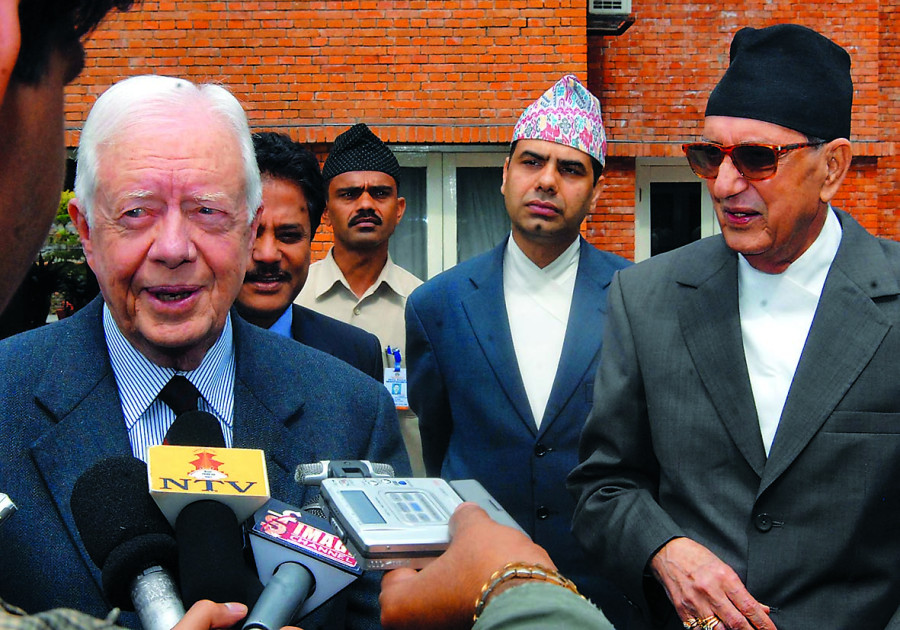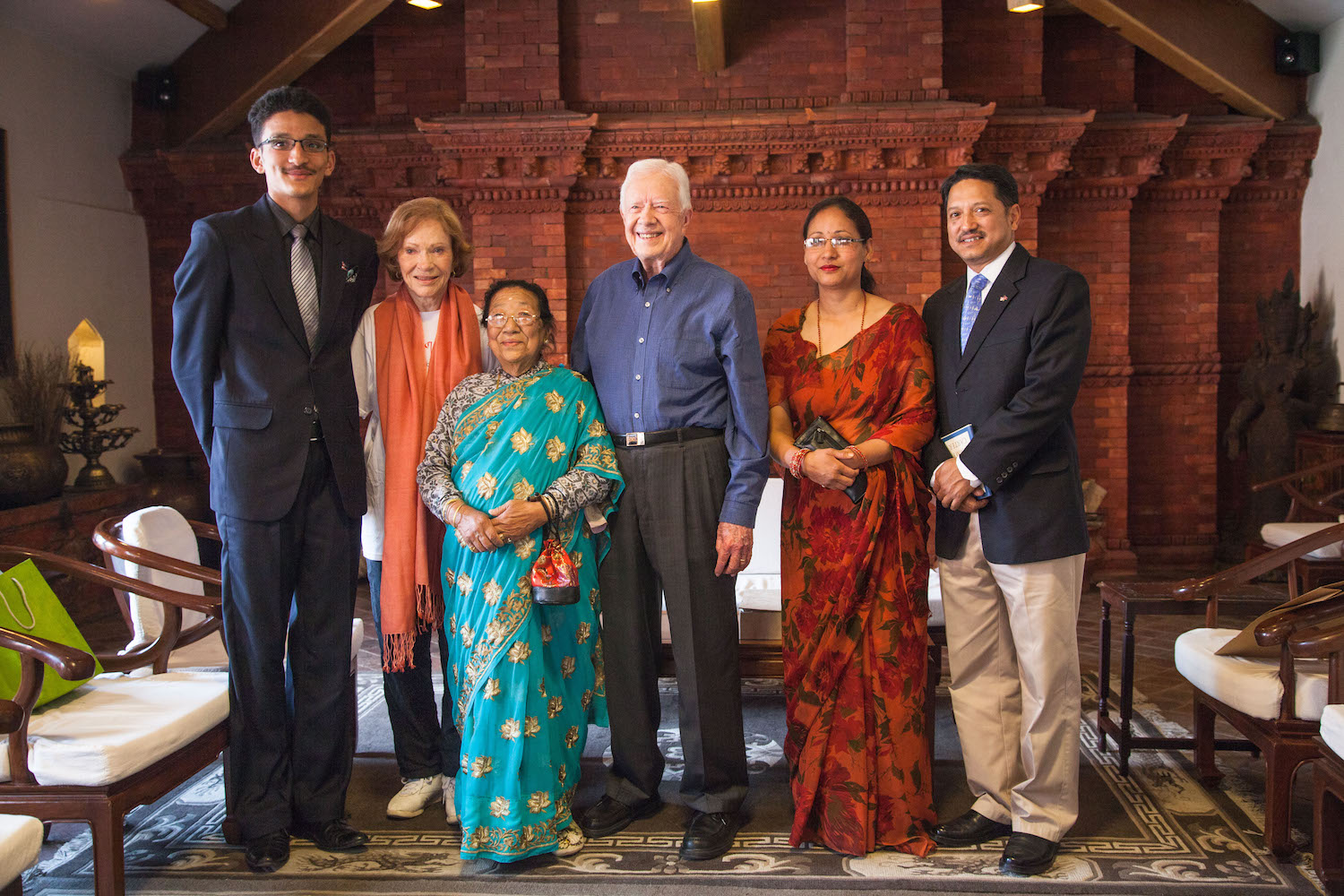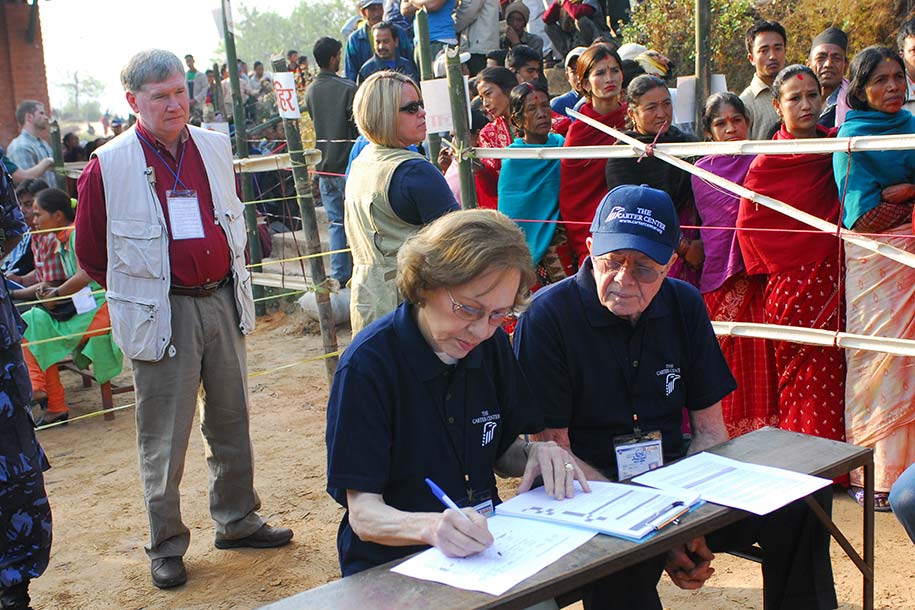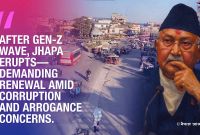Former U.S. President Jimmy Carter Passes Away: Remembering His Contributions to Nepal's Peace Process

Kathmandu – Former U.S. President Jimmy Carter has passed away at the age of 100. After nearly a year under special medical care and observation, he died peacefully at his home on Sunday afternoon, local time.
Carter, who celebrated his 100th birthday on October 1, was the longest-living president in U.S. history, leaving behind a legacy of diplomacy, peacebuilding, and humanitarian work.
Carter's Ties to Nepal and His Role in the Peace Process

Jimmy Carter is fondly remembered in Nepal for his significant contributions to the country’s peace process and democratic transition. Through the Carter Center, he played a pivotal role in observing Nepal's political developments, particularly during the post-conflict era.
In 2008, the Carter Center was instrumental in monitoring Nepal's first Constituent Assembly election, a key step in consolidating peace after a decade-long civil conflict. Carter worked closely with political parties, civil society organizations, and the Election Commission of Nepal, helping to ensure the integrity of the democratic process. His support bolstered international confidence in Nepal’s transition to a more inclusive and stable democracy.
Global Contributions to Peace and Diplomacy
During his tenure as U.S. President (1977–1981), Jimmy Carter made significant strides in global diplomacy. He brokered the historic Camp David Accords between Israel and Egypt, paving the way for peace in the Middle East.
Carter also played a crucial role in establishing formal diplomatic relations between the United States and China, a move that reshaped global geopolitics. His unwavering commitment to peace and human rights earned him the Nobel Peace Prize in 2002.
A Life of Service and Legacy
Beyond his presidency, Carter devoted his life to humanitarian work. Through the Carter Center, he spearheaded efforts in election monitoring, poverty alleviation, and disease eradication across the globe. His dedication to democracy, human rights, and public health set a benchmark for global leadership.
Carter’s passing marks the loss of a visionary leader whose work touched countless lives. Tributes have poured in from world leaders, with Nepali politicians and civil society expressing deep sorrow and gratitude for his enduring contributions to Nepal's peace and stability.
Conclusion
Jimmy Carter’s life was a testament to the values of peace, democracy, and humanity. His efforts in supporting Nepal’s peace process remain a cornerstone of his legacy in the country. While his passing signals the end of an era, his contributions will continue to inspire generations to come.





![From Kathmandu to the World: How Excel Students Are Winning Big [Admission Open]](https://nepalaaja.com/img/70194/medium/excel-college-info-eng-nep-2342.jpg)
